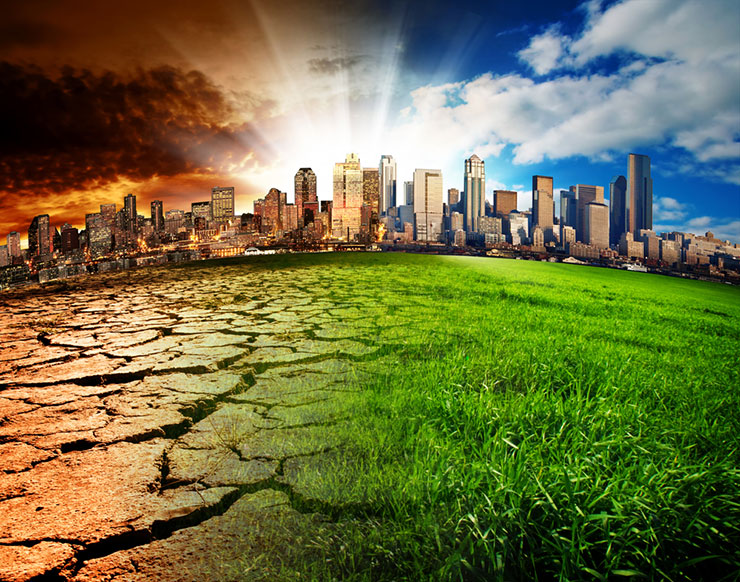Climate change and extreme weather
October 16, 2017
While the debate over the existence of climate change and global warming continues, the extreme weather in the United States continues to be occurring with increased regularity.
In her article, “First Hurricane Harvey, Now Irma: Is Climate Change to Blame for Destructive Storms?”, Newsweek reporter Meghan Bartels contends, “The connection between climate change and hurricanes is logical enough: Hurricanes feed off warm water, and climate change will make the areas where hurricanes feed hotter. Warmer air can hold more water vapor, making it easier for a storm like Harvey to dump more rain.”
Hurricane season, according to the U.S. Department of State, occurs from June through November. During this time, hurricanes are most likely to appear in the Atlantic Ocean, although the hurricanes themselves can be somewhat sporadic.
The 2017 hurricane season has brought with it thirteen named storms and eight hurricanes as of October 9. Most notably, it is the first time since 2005 that four hurricanes made landfall in the United States: Harvey, Irma, Maria and most recently Nate.
So, why are we experiencing so many hurricanes in the Atlantic in such a short period of time? The answer may lie in a somewhat-controversial topic for many American politicians.
Global warming is a phenomenon that occurs when the atmosphere of our earth traps heat from the sun in its atmosphere. The effects increase as the earth becomes more populated. The more people, the more greenhouse gases are released. The most common greenhouse gases are water vapor, methane, carbon dioxide, and nitrous oxide. The increased use and production of these gases has made the earth more susceptible to minuscule temperature changes.
Science teacher, Dr. Roberta Zasadzinski believes that global warming may have something to do with the recent weather anomalies. She says, “If global warming continues, more violent weather will occur because of the feedback action of water vapor and atmospheric heating.”
She believes that as long as our atmosphere keeps heating up, it will continue to cause random weather patterns, along with crop failures, glacier melting, rising sea levels, and the death of coral reefs like the Great Coral Reef.
Climate change is a common topic of discussion amongst politicians, especially considering the views of President Donald Trump and his recent pull out of the Paris Agreement which states that all countries who signed on should regulate their greenhouse gas emissions. Additionally, CNN reports that President Trump has claimed on numerous occasions that climate change is a “hoax.”
Seth Shulman’s profile of meteorologist Thomas Knutson from the Union of Concerned Scientists states Knutson’s concerns. “He warns that today’s climate models uniformly project that the hotter atmosphere brought about by global warming will retain more moisture. For developing hurricanes, this means more intense precipitation—some 20 percent higher rainfall rates, according to Knutson’s calculations.”
“In addition, he says, current estimates of rising sea levels over the coming century mean that the storm surges caused by intense hurricanes are likely to be more devastating than ever before.”

